Plant breeding programs in Morocco
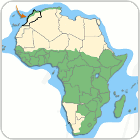 Situated in Northern Africa, Morocco generally enjoys a temperate Mediterranean climate. Nevertheless the danger of droughts is ever present. By employing 40% of the nation’s workforce, the agricultural sector is the largest employer of the country. Cereals cover more than 40% of the arable land. Olives, citrus fruits and wine grapes are also major Moroccan crops.
Situated in Northern Africa, Morocco generally enjoys a temperate Mediterranean climate. Nevertheless the danger of droughts is ever present. By employing 40% of the nation’s workforce, the agricultural sector is the largest employer of the country. Cereals cover more than 40% of the arable land. Olives, citrus fruits and wine grapes are also major Moroccan crops.
The Moroccan Agricultural Research System is well-developed throughout various public and private institutions, universities and a national association of seed companies. The public institute INRA accounts for roughly 40% of all public agricultural research staff and expenditures.
Major achievements are being made in major fields such as cereals, forage, date palms, citrus and olives. New fields of plant breeding such as PAM (medicinal and aromatic plants) and cactus are rising. Non-conventional breeding through biotechnology significantly increased during the last ten years. In general, abiotic stresses such as drought tolerance have become increasingly the most important common feature of the breeding programmes. Drought has become an important feature of all environments, including the more favourable areas. The relative importance of biotic stresses depends on the crops. They are a central core of the research for cereals, food legumes and date palms, but less important in fruit trees, forage legumes and other crops.
The inadequate number of breeders for each crop is the major constraint for plant breeding activities in Morocco. That is followed by the inadequate availability of laboratory infrastructure to carry out experiments using advanced plant breeding techniques as well as the lack of information system on plant breeding.
Research and education institutes with activities in plant breeding
Public Institutes
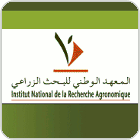 |
National Research Agronomical Institute (INRA) – Institut National de Recherche Agricole
|
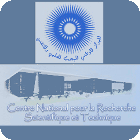 |
National Centre for Agricultural and Technical Research (CNRST) - Centre National pour la Recherche Scientifique et Technique
|
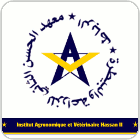 |
Agronomical and Veterinary Institute Hassan II (IAV) - Institut Agronomique et Vétérinaire AV Hassan II
|
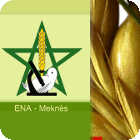 |
National School of Agriculture of Meknès (ENA) - Ecole Nationale d’Agriculture
|
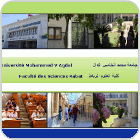 |
Faculty of Sciences of Rabbat (FSR) (University of Mohammed V Agdal) – Faculté des Sciences de Rabbat
|
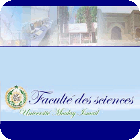 |
Faculty of Sciences of Meknès (FSM) (University of Moulay Ismail) – Faculté des Sciences de Meknès
|
Private Institutes
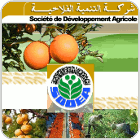 |
Agricultural Development Company (SODEA) Maroc – Société de Développement Agricole
|
______________________________________
Information by Mohamed Kamal (2008) - Information based on the Morocco's full report from the PBBC survey.
Last revised 09-03-2010, GIPB
